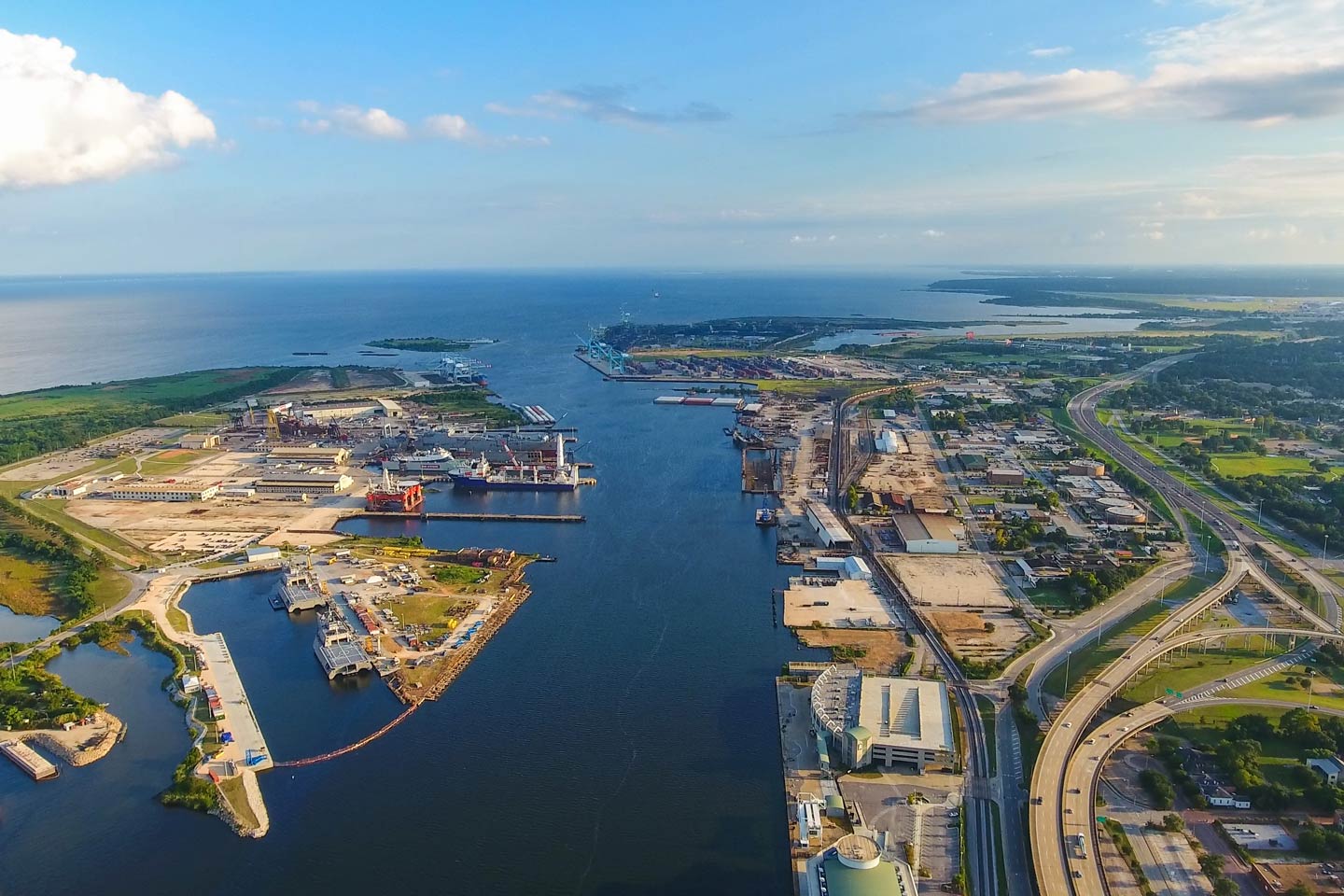Concerns over fishing and sediment disposal
In Alabama, a dredging project in Mobile Bay has brought together fishermen, local property owners, environmental organizations, and officials in questioning the current method of disposing dredged material from the navigation channel.
Shrimpers like Patrick Gormandy report a significant drop in shrimp and oyster harvests, partly attributing the decline to the spread of sediments into various parts of the bay. They argue that this practice affects water quality and marine habitats. Community leaders and environmental groups are urging Congress to ban the practice and instead use the material for coastal restoration or transport it offshore.
Arguments for and against
The U.S. Army Corps of Engineers maintains that keeping sediment within the bay helps nourish the ecosystem, applying thin-layer placement techniques to reduce impact. Officials state that the effect is temporary and note that some material is already used for restoration projects or transported to the Gulf of Mexico.
In contrast, fishing advocates and state representatives argue that there are less harmful alternatives for marine life and the local economy. Some legislators propose that at least 70% of dredged material should be allocated to projects with environmental benefits.
A balance yet to be found
The Port of Mobile is a key economic driver for Alabama, capable of receiving large vessels transiting the Panama Canal. However, for fishing communities, preserving the bay’s ecosystem is equally essential. Ongoing discussions at both state and federal levels aim to strike a balance between port development and the protection of natural resources, ensuring that local livelihoods tied to the bay can endure alongside economic growth.







